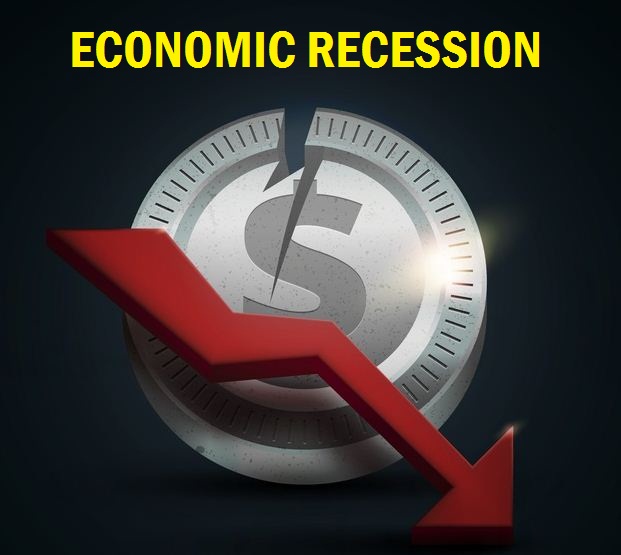How to Keep Your Job During an Economic Recession
How to Keep Your Job During an Economic Recession - While we are seeing the worst recession of recent times with slow economic growth. A slower growth means some companies my consider downsizing.
The recession in USA is closely linked to recession in other economies as the links now are very tight. Considering the global nature of problem – we may see job cuts not only in USA but across the world.
To ensure that you keep your job if times get tougher we recommend following steps which will improve your chances of being kept on.
Make yourself irreplaceable: Be very clear about what you responsibilities are, and make sure you are meeting them.
Pick up additional responsibilities / Go beyond: Make sure your supervisors and colleagues are aware of your capabilities. Continue to build your skills. Look for opportunities at your company and elsewhere.
Look for ways to go beyond what you’ve been told to do. Volunteer for additional tasks (bu be careful do not ask for more than you can handle. Create an impression of task master who gets the job done well.
Don’t seem paranoid or anxious: Keep working at your current output level, and try to focus on getting the job done. Even as businesses trim around the edges, some departments are at lesser layoff risk, and there won’t necessarily be cuts across the board.
Workers that contribute directly to revenue may be safer. For example, a telemarketer selling product usually stays around.
Find related jobs within organization / Improve your skill set: If your role is likely to go – find related jobs within organization. For example new project development has stopped – try moving to support of old projects.
If your your skills obsolete? Take extra classes to brush up the latest skills. If career improvement seminars are offered at work, attend them. You want to show your employer that you are still viable in the workplace, and that you have the necessary training to continue doing a good job.
Come up and suggest ways to cut costs: If you see areas of waste at your company immediately recommend ways to improve efficiency and cut costs. Do not ask for huge investments in your projects so keep the suggestions to low investment options.
Suggest ways to increase revenue: If you can see a potential new revenue stream that requires a low (preferably zero) investment, recommend it. Companies appreciate an employee who is innovative and consider them more valuable. Idea here is to strech resources rater than to consume resources.
Increase your visibility: In any recession – the first people fired are those with a negative impression. The next to go are those that are unnoticed and therefore can be released. So the writing on wall is to get noticed in a positive way.
How? Here are some tips – Make sure you reach on time to work and preferably work extra hours. You limit your vacation period. Make extra contribution to work, and ensure that it is noticed by management. Without being too bold, make sure that your boss is aware of what you are contributing to the bottom line of the company.
Have a positive attitude: This is no time to complain constantly. You need to be constructive enough to make the workplace better. Do not complain excessively or gossip informally. If you have a reputation as a complainer or morale-killer, may be you can lose your job. Employers in bad times try to get rid of people who pull the team backwards.
Despite all these suggestions no one can guarantee you that you will be retaining your job in economic recession. You can try but no matter how hard you try sometimes there may be a chance of bad news for you.
So it is good to be prepared (in case?). Update your resume, get hooked to few recruiters. Network with your old bosses, coworkers, and business contacts. You will get better results if you are prepared ahead of time. "Dig your well before you are thirsty".

Post a Comment for "How to Keep Your Job During an Economic Recession"